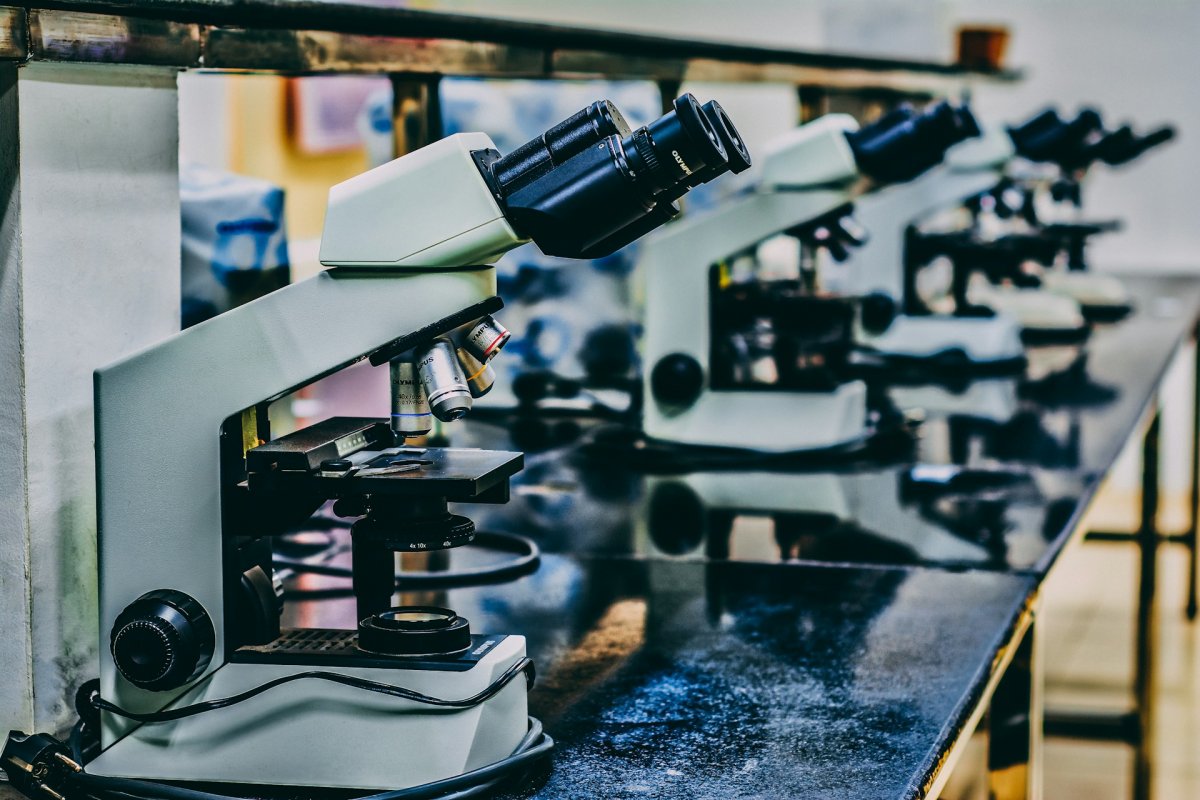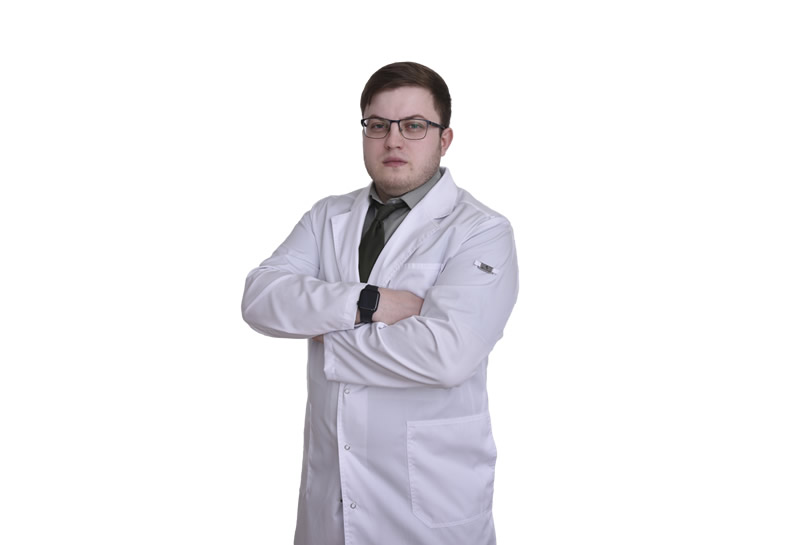
Pancreatic cancer is one of the most aggressive oncological diseases. There is still a strong belief that it is impossible to cure this cancer. Is this so – they asked Magomed Sulimanov, an oncologist and chemotherapist at the SM-Clinic.
– What is the general situation with morbidity? What's happening now?
– About 1,200 cases of pancreatic cancer are diagnosed every day in the world, which is almost 450,000 per year. In Russia, unfortunately, every year oncologists diagnose more than 9,000 new cases of the disease in men and the same number in women. The saddest thing is that in almost 60% of patients, cancer is detected at stage IV, when obvious symptoms appear. This means that, unfortunately, it is already too late for radical treatment.
– Do doctors have a clear understanding of why pancreatic cancer occurs?< /i>
– There is still no exact answer. As before, we believe that the main reasons are excess weight, heredity, consumption of fatty foods, alcohol, smoking and chronic diseases – for example, pancreatitis or diabetes, as well as age – this type of cancer usually appears after 60 years.
– It is clear that in order to try to cure pancreatic cancer, you first need to conduct a thorough diagnosis. What is it?
– Currently, there are no effective examination methods for the early detection of pancreatic cancer. In the 2000s. In the USA, a screening program was launched for patients over 50 years of age with type 2 diabetes mellitus, such patients were included in the risk group, examined – computed tomography and magnetic resonance imaging were performed, but, alas, they did not achieve much success: it was proven that diabetes mellitus really is a risk factor for cancer, but this dependence is not one hundred percent. That is, if a fifty-year-old man is diagnosed with diabetes today, this does not mean that tomorrow he will get pancreatic cancer.
In general, this type of cancer is difficult to diagnose; as I said, it is often detected when the tumor reaches a large size and metastasizes. And in many cases, cancer is detected by chance – for example, a person was about to undergo some kind of surgery, he came for an abdominal CT scan or ultrasound for another reason and suddenly a tumor was noticed in the images. But, it is clear that such cases are few.
The usual diagnostic procedure is as follows: if there is a suspicion of a malignant neoplasm, then an ultrasound is performed, sometimes immediately with a biopsy, and a blood test is taken for tumor markers CA 19-9, CEA, chromogranin A (a marker of a special type of tumor – neuroendocrine). Further diagnostics include CT of the abdominal cavity with contrast and MRI of the pelvic organs to assess the extent of the process – the presence of metastases. All this allows us to determine treatment tactics.
– I heard that a new word in the treatment of pancreatic cancer is neoadjuvant therapy. Is it so? What's your opinion?
– Yes, neoadjuvant therapy – that is, prior to surgical treatment – therapy is increasingly being used before the patient undergoes surgery. This allows you to slow down the growth of the tumor and make it more resectable. In general, the pancreas is a complex organ for surgical treatment, with a pronounced vascular and nervous component. Therefore, when discussing this or that treatment tactic, surgeons and chemotherapists began to actively use neoadjuvant therapy. And after the operation, adjuvant therapy is carried out.
– Can chemotherapy replace surgical treatment?
– If surgery is not possible, then only drug therapy remains to prolong the patient’s life. Surgery is used only for operable tumors, but then the treatment is carried out in a complex: all possible schemes are used, and surgery with chemotherapy and radiation therapy never exclude each other, but, on the contrary, complement each other. Only by using combination treatment can you try to achieve success.
– Tell us, what are the main regimens and schemes of chemotherapy for pancreatic cancer?
– The most common first-line (i.e., initially administered) chemotherapy regimen is FOLFIRINOX, which includes several drugs: irinotecan (optionally, the recently developed liposomal irinotecan), oxaliplatin, calcium folinate, and fluorouracil. This regimen is used in the absence of significant concomitant diseases. If such diseases exist, another regimen is used: nab-paclitaxel + gemcitabine; its administration is also possible as a second line of antitumor drug therapy. Another possible regimen: gemcitabine + carboplatin.
New potential in the treatment of pancreatic cancer is revealed by molecular genetic research.
– What is it in a nutshell?
– It’s no longer a secret that a tumor occurs due to “breakdowns” in genes caused by various reasons. By studying tumor cells, we can determine what caused these mutations, what will happen to them next, and most importantly, how to influence them to achieve maximum results. This is how targeted therapy is selected, that is, it acts in a targeted manner, allowing one to exclude systemic effects on all organs and “hit” directly on the tumor. Oncologists already know that pancreatic cancer is caused by mutations in genes such as BRCA 1/BRCA 2, EGFR, PALB2, BRAF, RAF, NTRK, KRAS, NRAS, HER2/neu, ALK. This knowledge helps us.
A new step in the treatment of cancer (and pancreatic cancer is no exception) is immunotherapy. It is not suitable for every case, but in some cases it is quite successfully used. I believe that in the future its use will become more and more widespread as new data are obtained.
– Are new studies being carried out now – is there any hope that will we gradually learn to treat pancreatic cancer more effectively than now?
– Yes, research is underway, science is moving forward – and the more complex the problem, the more scientists want to solve it. New drugs and regimens appear that prolong the patient’s life, new techniques. For example, for the treatment of metastases in the peritoneum in pancreatic cancer, hyperthermochemotherapy (washing the peritoneum with a heated solution of chemotherapy) is considered as an option. So there is movement. And, of course, there is hope.

I’ll add one more thing: remember the simple rules of prevention. If you suddenly notice something unusual, uncharacteristic for yourself, in your health, your condition, do not be lazy to consult a doctor. There is no need to put off or even be afraid of a visit to a specialist. Believe me, a preventative visit is better than a long and difficult treatment.
Be healthy and take care of yourself!
There are contraindications. Consultation with a specialist is required
Advertising. LLC “SM-Clinic”
TIN 7743613031
Erid: 2SDnjcN4HAH
Important! Information is provided for reference purposes. Ask a specialist about contraindications and side effects and under no circumstances self-medicate. At the first signs of illness, consult a doctor.
